10 Things to Compost Before Winter Arrives
As winter approaches, preparing your compost pile with the right materials can help ensure a successful gardening season come spring. By adding a mix of “green” and “brown” materials, you can create nutrient-rich compost that will break down even in colder months. Composting before the chill sets in not only reduces waste but also improves the health of your soil, providing your plants with the nutrients they need to thrive. Here are some essential items to consider adding to your compost this fall.
This post may contain affiliate links, which helps keep this content free. Please read our disclosure for more info.
Leaves

Autumn is the perfect time to collect fallen leaves from your yard, as they are an excellent source of carbon for your compost pile. Leaves are considered “brown” material, which helps balance out the nitrogen in “green” materials like kitchen scraps and garden waste. When left in piles, leaves can decompose slowly over time, but shredding them will help them break down faster and improve aeration in your compost. Shredded leaves are also less likely to form clumps, which can block airflow and prevent proper decomposition.
Incorporating a large quantity of leaves into your compost before winter ensures that your pile has enough material to keep working through the colder months. Since leaves are readily available in autumn, now is the best time to collect them in large quantities and mix them into your compost. By the time spring arrives, the leaves will have decomposed sufficiently, leaving behind rich, nutrient-dense compost to improve the quality of your garden soil.
Straw or Hay
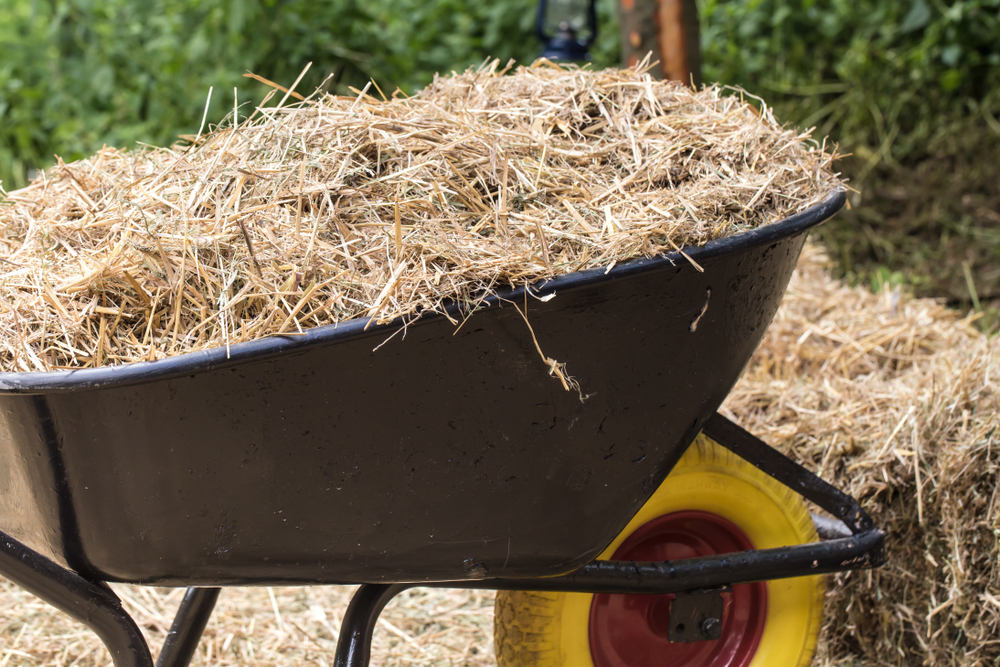
Straw or hay are great additions to your compost pile, especially in preparation for winter. These “brown” materials provide the necessary carbon to balance out the nitrogen-rich “green” materials like grass clippings and kitchen scraps. Adding straw or hay to your compost pile helps create the right structure for proper air circulation, which is crucial for the breakdown of materials. These materials also help absorb excess moisture, preventing the pile from becoming too wet and smelly during the winter months.
Before winter arrives, it is wise to add large amounts of straw or hay to your compost to ensure a good balance of carbon. The straw will break down over time, providing your compost pile with valuable organic matter that will enrich your garden soil. When mixed with other compost materials, straw or hay helps to maintain a healthy, active compost pile, even during the colder months when decomposition slows down. As it breaks down, it will create a rich, dark compost ideal for your garden in the spring.
Shredded Paper

Shredded paper is a readily available and useful “brown” material to add to your compost before winter. It helps balance the nitrogen in your compost, especially when combined with kitchen scraps and grass clippings. Shredded paper also provides excellent aeration to the pile, which is crucial for maintaining moisture balance and preventing odors. The tiny pieces allow air to flow easily through the compost, speeding up the decomposition process and ensuring the pile remains active through the winter months.
However, it’s essential to avoid glossy or colored paper when adding it to your compost, as it may contain harmful chemicals. Stick to plain paper, such as newspaper, junk mail, or paper towels, and shred it into smaller pieces for quicker decomposition. Shredded paper also serves as an excellent tool for absorbing excess moisture in your compost, preventing it from becoming too wet and anaerobic. By adding a generous amount of shredded paper to your pile before winter, you will help maintain a healthy compost system throughout the cold months.
Kitchen Scraps
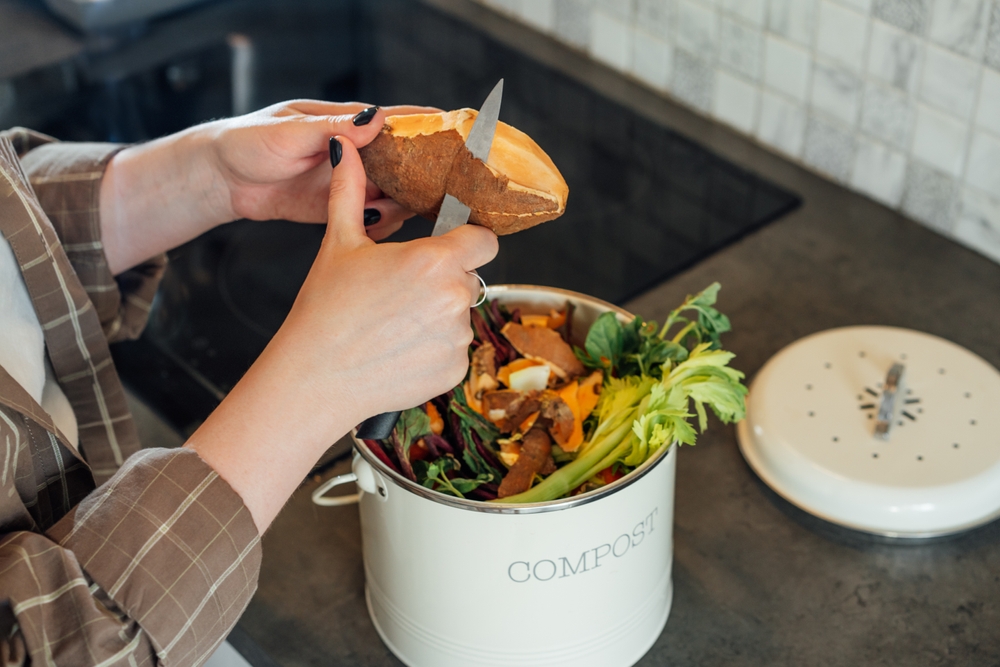
Kitchen scraps are some of the best “green” materials to compost before winter. These scraps, such as vegetable peels, coffee grounds, and fruit scraps, are high in nitrogen, which helps balance out the carbon from “brown” materials like leaves and straw. The nutrients from these scraps are valuable for your compost pile, adding moisture and organic matter that breaks down quickly. Kitchen scraps are also readily available year-round, so adding them to your compost before winter ensures that your pile will stay active throughout the colder months.
While kitchen scraps are an excellent source of nutrients for your compost, it’s important to avoid adding meat, dairy, and oily foods, as they can attract pests. Be sure to chop up larger scraps into smaller pieces to speed up decomposition. Since these materials decompose quickly, they will help keep your compost pile working even as temperatures drop. By incorporating kitchen scraps into your compost now, you will provide your garden with rich, nutrient-dense soil by the time spring arrives.
Grass Clippings
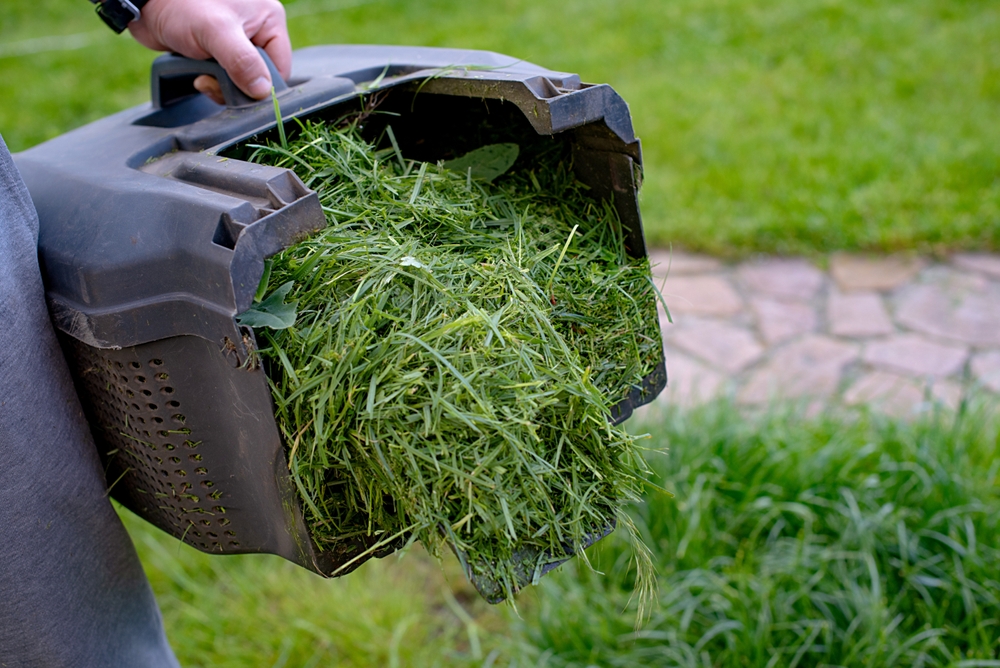
Grass clippings are another excellent “green” material to add to your compost pile before winter. They are rich in nitrogen, which is necessary for the decomposition process. Grass clippings break down quickly, providing valuable organic matter to your compost and helping maintain the balance of your pile. However, when adding grass clippings to your compost, it’s important to mix them with “brown” materials like leaves or straw, as they can clump together and become slimy if added in large quantities. The addition of brown material will help prevent this issue and allow for a healthier, more active compost pile.
Adding grass clippings before winter ensures that your compost pile has a steady supply of nitrogen-rich material during the colder months. Grass clippings are also an excellent source of moisture, which helps keep the pile hydrated and active. However, be sure to avoid adding grass clippings that have been treated with pesticides or herbicides, as these chemicals can harm your compost and plants. By incorporating grass clippings into your compost now, you’ll be able to create nutrient-rich compost that will benefit your garden in the spring.
Garden Waste
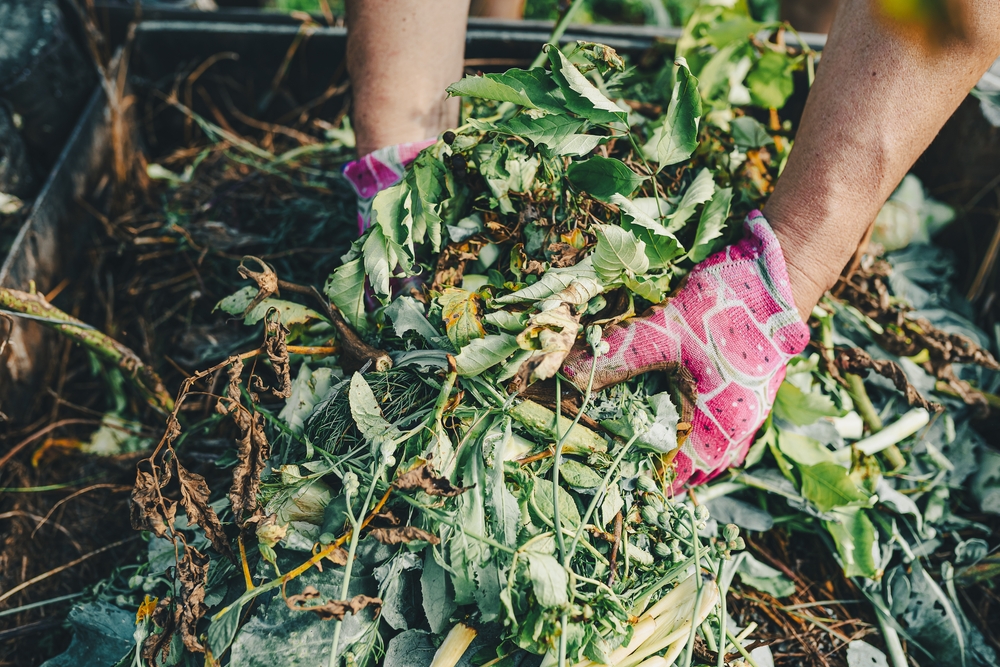
As you clean up your garden for the winter, don’t forget to add spent plants, old flowers, and other garden waste to your compost pile. This material is full of nitrogen and will help keep your compost pile active during the colder months. Garden waste can be bulky, so chopping up larger pieces of plant matter will help it break down more quickly. This will prevent your compost from becoming too slow in the winter, ensuring a more efficient decomposition process. Leaves, dead flowers, and cuttings from your garden are all excellent additions.
In addition to plant matter, garden waste includes weeds and grass that you may have removed while tidying up your garden. These materials provide essential nutrients to your compost and will continue to break down through the winter. Keep in mind that if your plants had any diseases, it’s best to avoid composting them to prevent spreading infections. By adding garden waste to your compost pile before winter, you’ll ensure your compost continues to decompose and provide valuable organic material for your garden come spring.
Wood Chips or Shavings
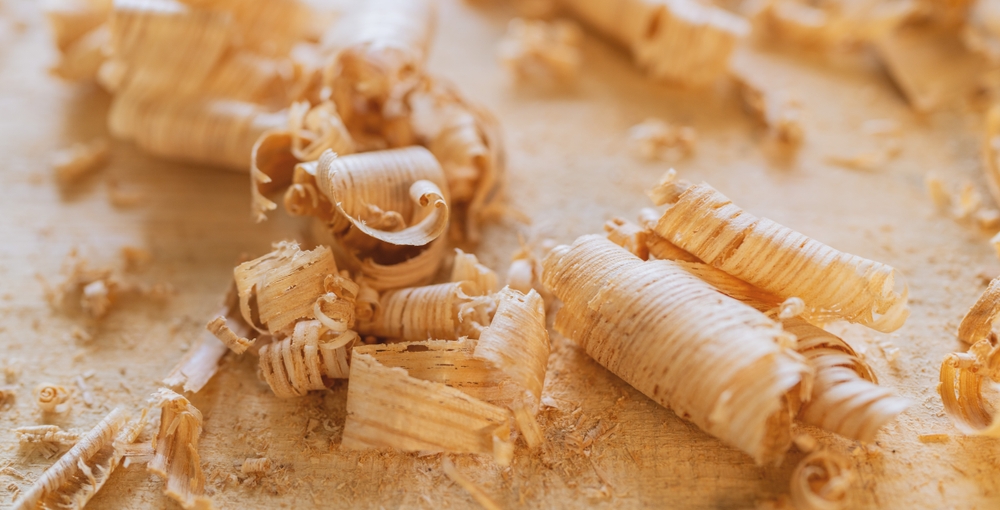
Wood chips or shavings are excellent “brown” materials that help add structure to your compost pile. They provide necessary carbon and help create air pockets, which encourage proper decomposition. Adding wood chips to your compost before winter helps to prevent the pile from becoming too wet or dense. While they break down more slowly than other materials, they provide excellent aeration and help with moisture retention in the pile. Additionally, wood chips or shavings make a great filler for a compost pile that may need a bit more bulk or volume before winter.
Before adding wood chips or shavings, ensure that the material comes from untreated wood, as chemicals in treated wood can harm the composting process. You can mix wood chips with other “green” materials like food scraps or grass clippings to speed up the decomposition process. These materials also make an excellent addition to your compost pile during the fall, as they will break down slowly over time, providing your garden with valuable organic matter by the time spring arrives.
Coffee Grounds
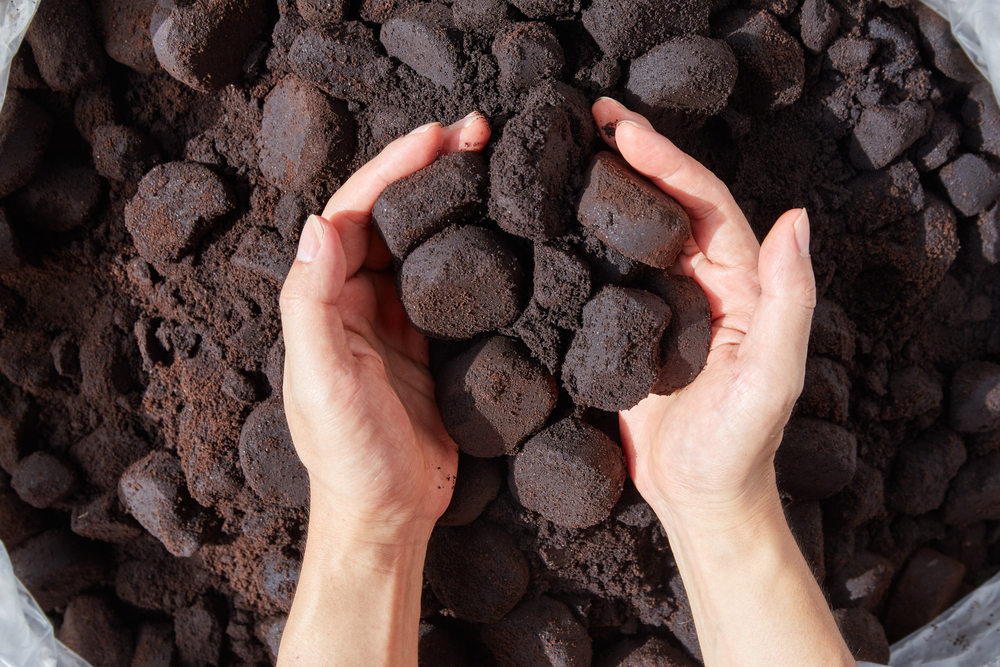
Coffee grounds are a fantastic addition to your compost before winter, as they are rich in nitrogen and help balance out the carbon in “brown” materials. They decompose quickly and provide your compost with valuable nutrients that help maintain healthy soil. Simply add used coffee grounds to your compost pile or bin, and mix them in with other materials. Coffee grounds also help improve soil structure, allowing for better water retention and drainage. They are an especially great source of nutrients for your garden plants come spring.
When adding coffee grounds, be sure to mix them with other “brown” materials like leaves or straw to prevent clumping. A good rule of thumb is to maintain a 2:1 ratio of “brown” to “green” materials in your compost pile. Adding coffee grounds helps speed up the breakdown of other organic materials, ensuring your compost pile stays active even during colder weather. As coffee grounds are readily available year-round, they are an easy and efficient way to enrich your compost before winter.
Eggshells
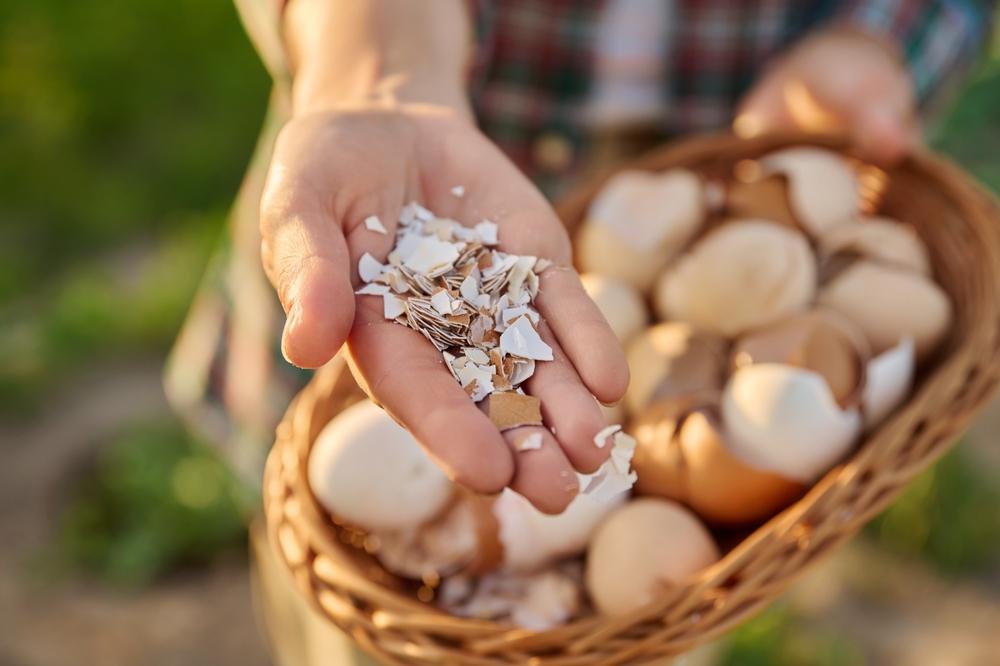
Eggshells are a great source of calcium and other essential minerals for your compost. They add a valuable “green” element to your pile, helping balance out the nitrogen from other materials. Eggshells are also slow to break down, which makes them an excellent choice for composting before winter. While they won’t decompose as quickly as some other materials, they will continue to break down over time, adding valuable nutrients to your compost. Simply crush the eggshells before adding them to your compost to speed up the process.
Crushed eggshells are a wonderful way to provide your compost with minerals like calcium, which help promote healthy plant growth. They also help improve the texture of the soil and prevent blossom-end rot in vegetables like tomatoes. By adding eggshells to your compost before winter, you’re ensuring that your garden will receive the benefits of these essential minerals when spring arrives. Keep in mind that while eggshells are an excellent addition, they should be mixed with other compost materials for balanced decomposition.
Old Spent Plants
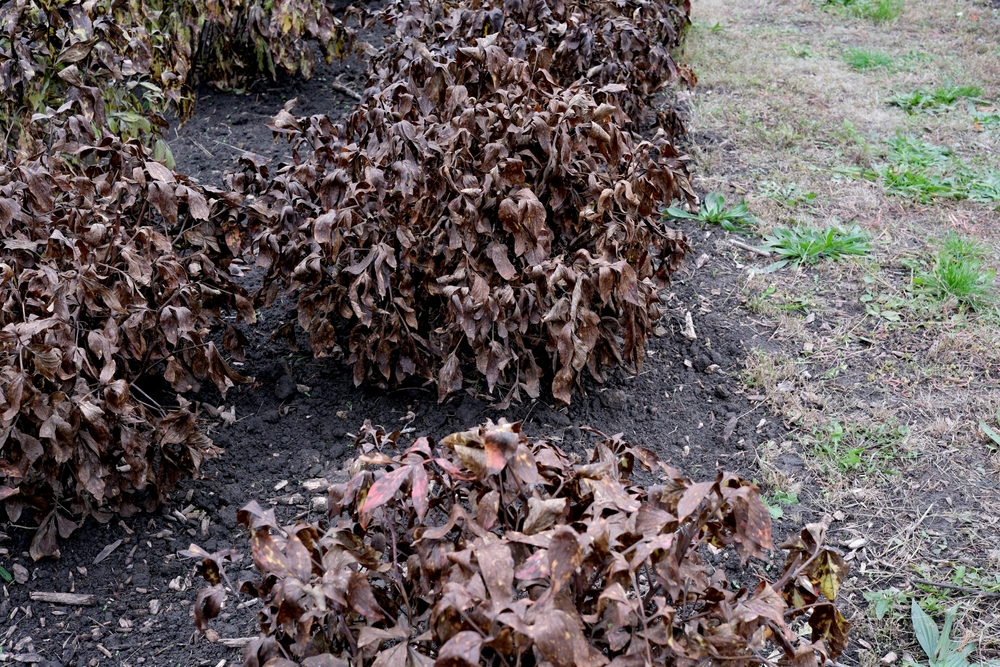
Old spent plants from your garden are another valuable addition to your compost pile before winter. These plants contain essential nutrients that will break down and enrich your compost, helping prepare the soil for next spring. Removing spent plants and adding them to your compost pile is a great way to clean up your garden while also reducing waste. Be sure to remove any diseased plants to prevent the spread of pests or pathogens. Chop up larger plant materials to allow them to break down faster, making your compost more effective.
These plants include anything that has finished growing or has died off, such as the remnants of flowers, vegetables, and herbs. By adding them to your compost, you are returning valuable organic matter to the soil, which will help improve soil health when you plant again in spring. Spent plants are high in nitrogen, making them an excellent complement to carbon-rich materials like leaves and straw. Composting them before winter ensures that your compost pile remains active even during the cold months.
This article originally appeared on Avocadu.
